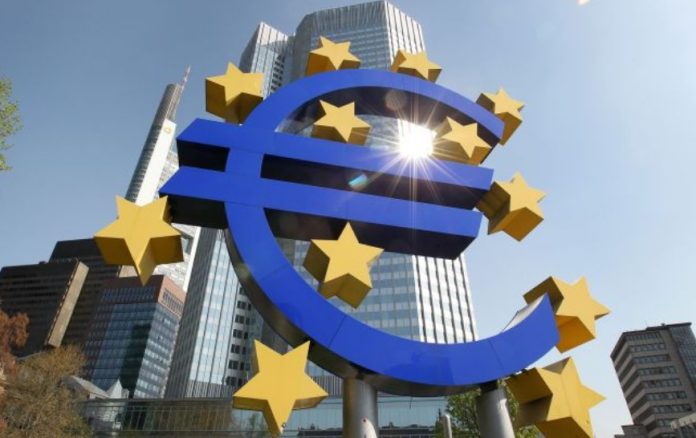The risks of the new crisis in the area of a single currency, similar to the one that happened more than ten years ago, grow. However, the conditions for its occurrence have not yet ripe.
According to the publication, the main fear at the moment is that France, where the right -wing party "National Association" wins in the first round of extraordinary parliamentary elections, may be in the period of political instability and financial waste. This can lead to a sharp increase in the profitability of French government bonds.
Other high -debt eurozones, especially Italy, may suffer from it. The only currency will then be on the verge of collapse. France and Italy are much larger economies than Greece and other Eurozone countries that were at the center of the last crisis.
But this scenario does not seem inevitable, since Surdan Bardell, a right-wing candidate for the post of Prime Minister, softens his party's financial promises. The National Association hopes to win the France's presidential election in 2027, and it would be senseless to undermine confidence in yourself by provoked a financial crisis.
Investors are not very concerned. Ever since President Emmanuel Macron has announced elections, the difference in the profitability of French and German 10-year-old government bonds has increased from 49 to 85 base points. The reaction in Italy was limited: the raising of its bonds against German bonds increased to 162 base points out of 133 base points. In 2011, when Prime Minister was Silvio Berlusoni, the gap reached 560 base points.
However, the medium -term prospects of a single currency are concerned. High debts, urgent cost needs and low growth in many countries in the period of growing nationalism and geopolitical conflict create problems.
The Eurozone has a means of protection against financial crisis. If the country's bonds are widely expanded, the European Central Bank can interfere and buy its debt. Its transmission protection tool (TPI) is designed to "counteract the unjustified, disorderly dynamics of the market."
The central bank is much better ready for intervention than at the beginning of the latest euro crisis. It was only after Mario Dragi became president and promised to make everything he needed, in 2012, the ECB developed a tool for combating chaos in the market.
The ECB states that it will only help if the country holds a "healthy and stable budget and macroeconomic policy." Thus, the governor of the offender can stay alone with debt investors, as it was with Greece before it adopted a responsible budget program in 2015.
One of the differences in today's euro crisis is that interest rates are now higher. Therefore, public debt service is more expensive.
According to the International Monetary Fund, last year, Italy's borrowing amounted to 137% of national income, while the debt of France was 111%. Meanwhile, the budget deficit of the two countries was 7.2% and 5.5% of GDP, respectively.
Last month, the European Commission concluded that both countries - along with seven, which use the euro and three that do not use it - have excessive deficit. In the coming months, she will try to persuade each of them to reduce her debt ratio as part of the union deficit procedure. France and Italy may need to strengthen fiscal policy by 0.5% and 0.6% of GDP, respectively, if they have a maximum of seven years to adjust.
Politicians will not want to reduce government spending or raise taxes, as it will undermine their popularity and slow down economic growth. But they can agree on the agreement with the European Commission. If so, the markets should remain calm so far.
The problem is that, according to the IMF forecasts, the debt ratio will continue to increase, reaching 145% of GDP in Italy and 115% in France by 2029. Thus, the borrowing ratios will remain high even after a certain fiscal optimization.
It will also be difficult to hold back the deficit. In the coming years, all European governments will have to spend more money on defense, combating climate change and population aging.
Eurozone countries will not be able to simply grow up from their debts. The French economy will increase by an average of only 1.3% over the next six years, while Italy will only increase by 0.6%, according to the IMF.
Their task will be even more complicated if the geopolitical situation is deteriorating. The creeping cold war between China and the United States and, as a consequence, fragmentation of the global trading system is already holding back the world economy. If Donald Trump returns to the White House and fulfills his promises to set tariffs, economic growth will be another strike.
The EU could resist some of these forces if it could increase productivity and investment. This could strengthen the only market that currently does not include energy, capital markets and digital communications. He could have adopted target industrial policies on the entire EU, funded from the central budget, so as not to keep up with China and the US, which use subsidies to support its companies.
Dragi will soon develop a project in this direction. The problem is that this policy requires more unity. Nationalist policies, which are growing throughout the EU, will not want to accept them. Thus, the euro area seems to be doomed to slow growth and high debt.


